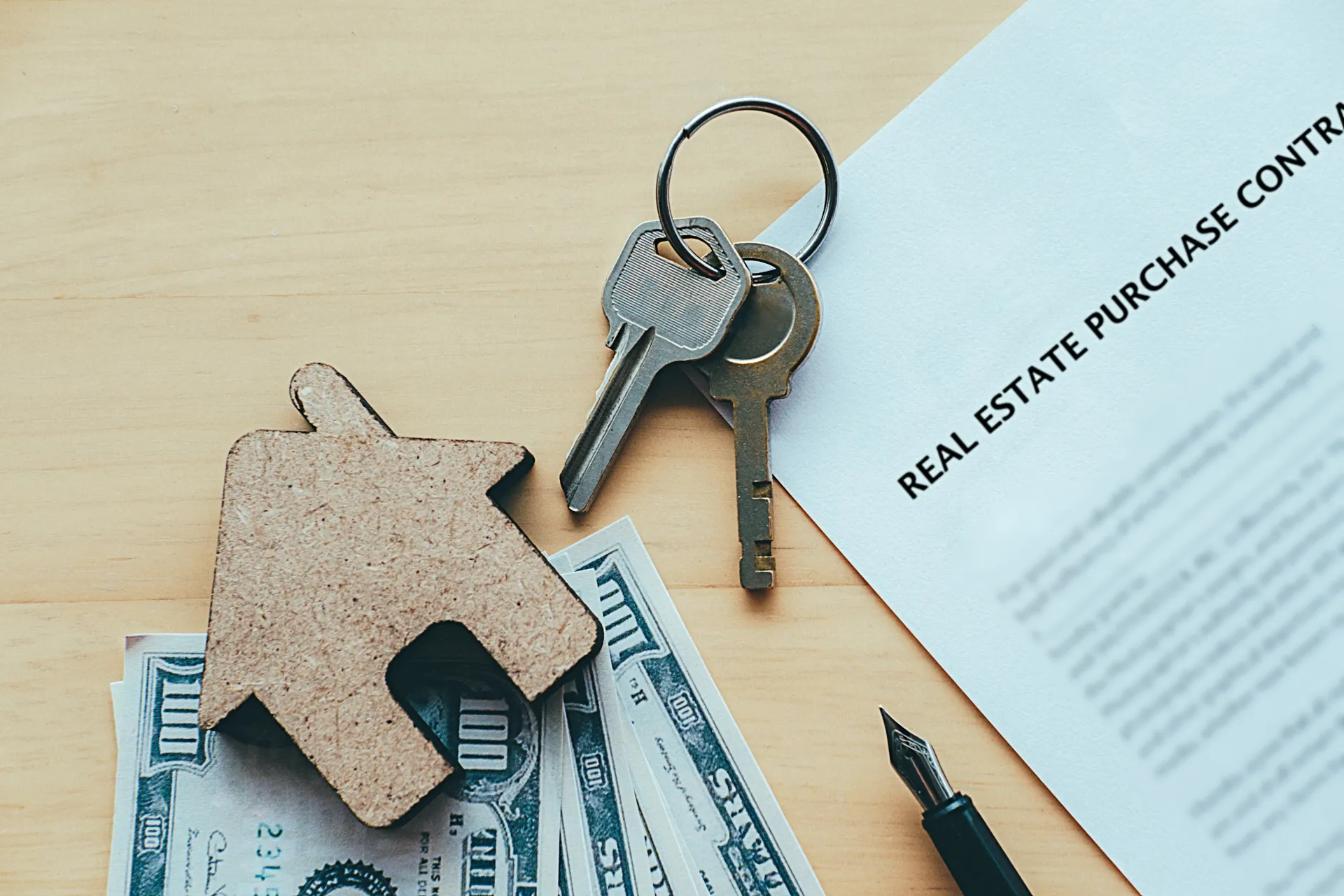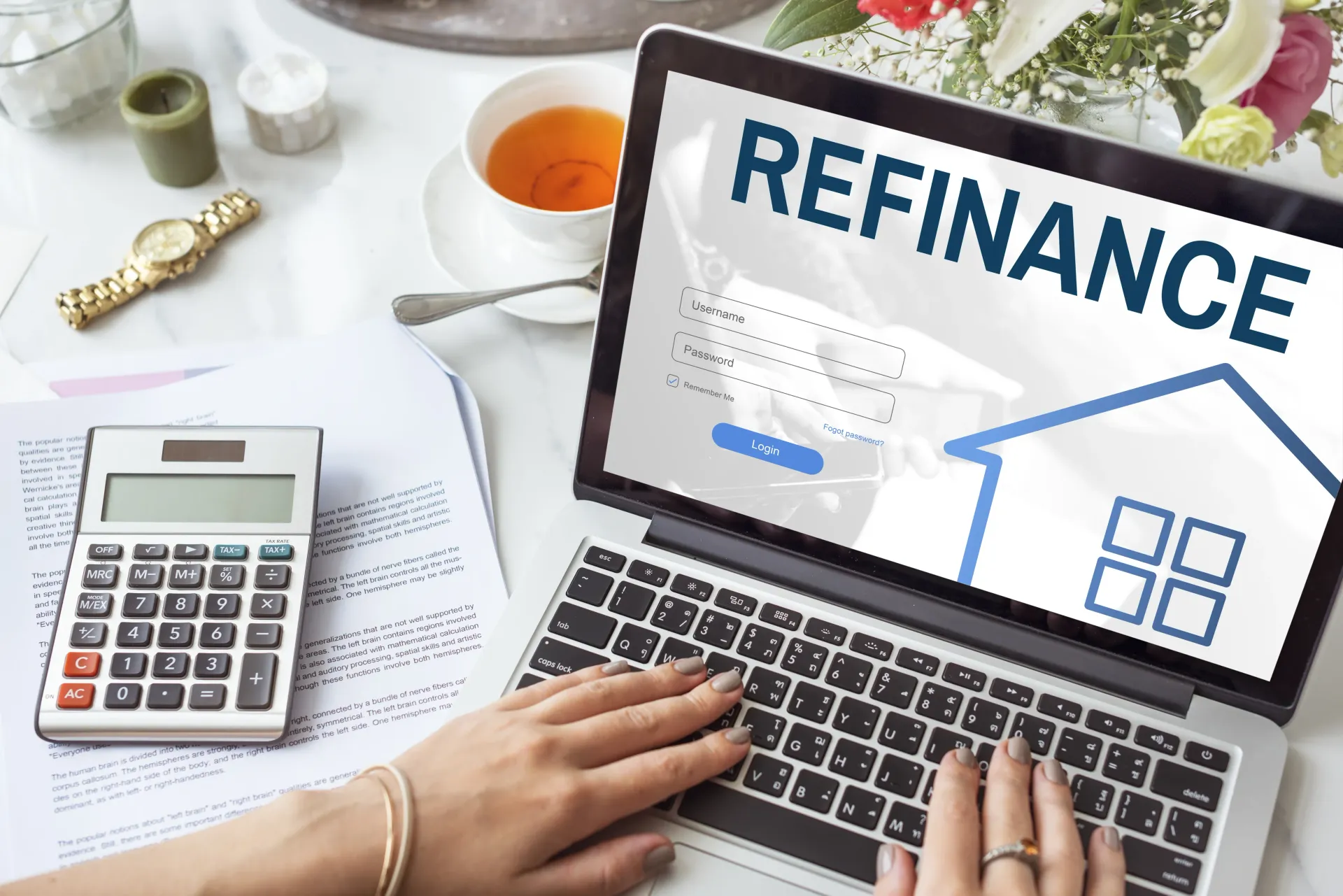From Application to Approval: Navigating Rental Property Loans
Navigating the world of rental property loans can feel like steering a ship through foggy waters—uncertainty, paperwork, numbers, and financial jargon galore. But once you cut through the haze, you’ll discover that understanding the process is not only possible but also empowering. Whether you're a seasoned investor or just dipping your toes into real estate, this guide is your complete map to move from loan application to approval with clarity and confidence.
Rental property loans differ from traditional home loans in many significant ways. They typically have stricter requirements, higher interest rates, and often involve a more rigorous vetting process. But why? Because investment properties carry more risk for lenders. As such, having a detailed understanding of each phase—from documentation to lender types and approval timelines—sets you apart as a smart investor.

What Are Rental Property Loans?
At their core, rental property loans are financial products tailored for individuals or businesses aiming to purchase real estate for income-generating purposes. Unlike primary residence mortgages, these loans aren't about putting a roof over your head—they’re about building wealth.
These loans come in many forms, including conventional mortgages, DSCR loans, hard money loans, and portfolio loans. Each serves different investor profiles. For example, someone buying a single-family home to rent on Airbnb may opt for a different loan type than a developer acquiring a multi-unit apartment complex.
Why Consider Rental Property Loans?
Why do investors lean into rental property financing rather than paying in cash? Simple: leverage. Using borrowed capital enables you to control more assets with less money. This increases potential returns, especially when property values and rents rise.
Furthermore, these loans often come with tax benefits. Interest payments can be deductible, and depending on how you structure your property ownership, you might unlock additional write-offs related to depreciation and maintenance.
Assessing Your Financial Readiness
Before jumping into an application, it's essential to evaluate your financial fitness. Start by analyzing your debt-to-income ratio, cash reserves, and potential rental income. Lenders want to see that you’re not only capable of paying your own bills but also managing a second or third mortgage responsibly.
Ask yourself: Do I have enough for a 20–25% down payment? Do I have cash for emergency repairs? Can I manage without rental income for a few months if the unit goes vacant?
Credit Scores and Lending Criteria
Your credit score can either open or slam shut the door to approval. Most lenders require a minimum score of 620–680, though prime rates are reserved for those with 740+.
Other criteria include your experience as a landlord, property cash flow, and sometimes even your property management strategy. All these elements are used to paint a risk picture—and the clearer and stronger that picture is, the better your chances.
Types of Lenders Offering Rental Property Loans
From big-name banks to local credit unions and online fintech lenders, the lending landscape is diverse. However, many investors find success with alternative lenders such as a Hard Money Lender, who focus more on asset-based lending and speed rather than just your credit score.
Choosing a Hard Money Lender
If traditional lenders make you feel boxed in, a hard money lender might offer a breath of fresh air. These lenders prioritize the property's value over the borrower’s financial history. Perfect for flips or fast deals, these loans come with higher rates but can close in a matter of days.
A well-respected Hard Money Lender understands the local market and can often offer flexible terms to help you close deals others can’t.
Contacting a Lender: Your First Step
Reaching out to a lender doesn’t mean committing to a loan. It's an information-gathering step that allows you to understand options, rates, and timelines. A simple inquiry through the Contact form can start a productive relationship, offering insights into what’s feasible for your financial goals.
Gathering Your Loan Documentation
To streamline the application, prepare a comprehensive financial package, including:
- Tax returns (last 2 years)
- Bank statements (last 2–3 months)
- Proof of income or leases
- Property details (if already identified)
- LLC documents (if purchasing via a business entity)
Being well-prepared shows professionalism—and that you’re serious.
The Importance of Property Valuation
Valuation isn’t just about what you paid or plan to pay. Lenders want a third-party appraisal to verify the asset’s worth. For income-generating properties, the appraisal will often include rental comparables or income capitalization approaches.
The higher the value in proportion to your loan request, the more secure the lender feels.
Conventional vs. Portfolio Loans
Conventional loans (think Fannie Mae and Freddie Mac) are great for newer investors buying their first or second property. They come with lower rates and longer terms—but also stricter underwriting.
Portfolio loans, on the other hand, are held by the lender and don’t follow standardized rules. This makes them ideal for those with complex financials or multiple properties.
Fixed vs. Adjustable Interest Rates
Should you go fixed or adjustable? Fixed-rate loans provide predictability, locking in a stable rate for the life of the loan. Adjustable-rate mortgages (ARMs) may offer lower rates initially, but they adjust based on market conditions.
For long-term holds, fixed is often safer. For flips or short-term plans, an ARM might save you thousands.
Understanding Amortization and Loan Terms
Most rental property loans range from 15 to 30 years, with amortization schedules varying accordingly. Understanding how your payments are structured—interest vs. principal—helps with forecasting cash flow and ROI.
Also, some lenders offer interest-only periods, which can boost cash flow in the early years.
What Are DSCR (Debt-Service Coverage Ratio) Loans?
DSCR loans focus less on your personal income and more on how much income the property generates. For example, if a property earns $2,000/month and your mortgage is $1,400/month, your DSCR is 1.43—a healthy margin.
A DSCR of 1.25 or higher is typically considered acceptable.
LTV Ratio and Its Role in Approval
Loan-to-Value (LTV) measures how much you're borrowing compared to the property’s value. If you’re buying a $400,000 rental and borrowing $300,000, your LTV is 75%.
Lenders generally cap LTVs around 70-80%, requiring 20–30% down to reduce risk.
The Loan Underwriting Process Explained
Underwriting is where your application gets scrutinized. Expect detailed questions, income verification, and possibly multiple rounds of document requests.
The lender's underwriter looks at:
- Cash flow projections
- Appraisal report
- Borrower credit and experience
- Market conditions
Patience is key here—most approvals take 2 to 4 weeks.
Appraisals: How They Impact Approval
If the appraisal comes in lower than expected, you may need to bring more cash to the table—or renegotiate. On the flip side, a strong appraisal might give you leverage for better terms.
Pro tip: Always review the appraisal for errors or missed comps.
Inspections and Risk Assessment
Beyond appraisals, some lenders may require inspections to assess structural integrity, electrical systems, HVAC, roofing, and more. These assessments help avoid surprises that could derail your investment or increase vacancy risk.
Obstacles in the Rental Loan Process
Even solid deals can hit snags:
- Title issues
- Appraisal gaps
- Credit dings
- Documentation delays
Keep communication open with your lender and have contingency plans—such as backup funding or alternative lenders—ready.
Tips to Increase Loan Approval Chances
- Keep your credit clean
- Show consistent rental income history
- Prepare a pro forma showing ROI
- Work with a knowledgeable broker or Hard Money Lender
Top Reasons Loan Applications Get Denied
- Low credit score
- High LTV
- Poor property condition
- Lack of rental history
- Incomplete documentation
Avoid these pitfalls by being thorough, transparent, and proactive.
Legal Aspects of Rental Property Loans
Loan agreements are binding contracts. They’ll often include:
- Personal guarantees
- Acceleration clauses
- Covenants on use and insurance
Always consult with an attorney before signing.
Rental Property Insurance Requirements
Expect to provide proof of landlord insurance, covering liability, fire, and loss of rental income. Lenders won’t fund the loan without it.
Timeline from Application to Approval
Typically, the entire process takes 21 to 45 days, depending on the loan type. Hard money deals can close in as little as 5–10 days, especially if you Contact a local expert early.
Real-Life Loan Approval Stories
Case studies show how investors with unique situations—from low credit to complex multi-property deals—got funded through strategic planning and the right lenders.
Advice for First-Time Property Investors
Start small. Choose a manageable property. Work with an experienced hard money lender or broker. Know your numbers, and always plan for surprises.
Mistakes to Avoid During the Loan Process
- Not shopping around for rates
- Applying before your finances are in order
- Ignoring lender requests
- Underestimating repair costs
- Failing to get a pre-approval
Can You Refinance a Rental Property Loan?
Absolutely. Refinancing can help reduce interest rates, pull out equity, or switch from variable to fixed. Just ensure your DSCR and property value support the new terms.
What Happens After Loan Approval?
Once approved, you’ll:
- Sign closing documents
- Transfer funds to escrow
- Take title of the property
- Begin landlord duties (or renovations, if flipping)
Congrats! You’ve officially entered the real estate investor’s circle.
FAQs About Rental Property Loans
What credit score do I need for a rental property loan?
Most lenders require a
minimum score of 620, but 740+ gets better terms.
Can I use rental income to qualify for the loan?
Yes, especially with DSCR or income-based loans.
Is a hard money loan risky?
It depends. They're ideal for short-term or fix-and-flip investments but come with higher rates.
How much do I need for a down payment?
Typically
20–30% of the purchase price.
How long does approval take?
Anywhere from
5 days to 45 days, depending on the loan type.
Can I get a loan if I already have several properties?
Yes, especially with
portfolio lenders or
DSCR loans.
Conclusion: Getting to Yes on Your Rental Loan
Getting a rental property loan approved may seem daunting, but with knowledge, preparation, and the right guidance, it becomes a strategic process rather than a stressful one. Understand your finances, research your lenders, and lean on experts when needed. And when you're ready to start, don’t hesitate to reach out to a Hard Money Lender who can help you act fast and close with confidence.
Links:










